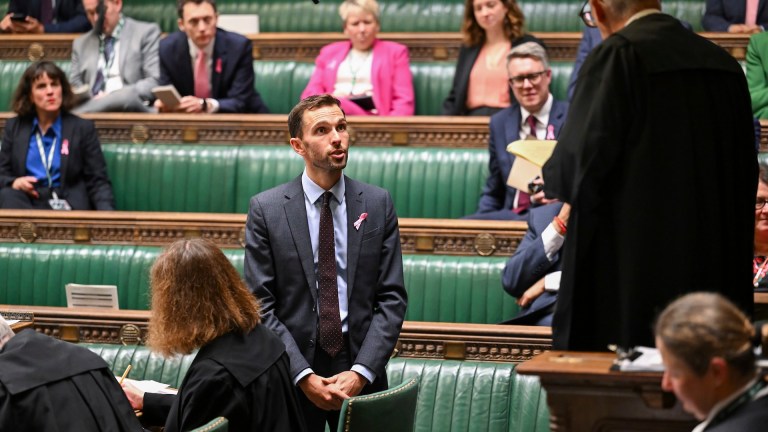For all of us involved in frontline support for people experiencing problem debt, it’s perhaps inevitable that we tend to focus on the most immediate priority of helping people to stabilise their most pressing difficulties. But it’s also important to recognise both the need and the aspiration of many people in debt and on low incomes to build up financial resilience for the future, including through savings.
At first glance, the idea of building up savings while being on a low income and also dealing with debt may seem impossible. Yet within the Standard Financial Statement guidelines that advisers use to determine an affordable budget for the resolution of debts, it’s possible to build in a modest amount of money to be allocated to building up a savings pot. The benefits of doing this are obvious: for those who can afford to save after paying essential costs, having a savings fund reduces the likelihood of future unforeseen costs knocking people’s finances off track, and over time can build up to a level that reduces the risk of experiencing repeated debt crisis points.
- ‘I was really struggling’: Iceland expands interest-free loan scheme it says slashes food bank usage
- Unsecured debt such as credit cards and loans at highest level in a decade, charity warns
So at StepChange we were really pleased to see the extension of the Help to Save scheme in the recent budget. This government scheme enables people claiming universal credit or tax credits to receive a generous bonus on any savings they make of between £1 and £50 per month. After four years, people will have received a bonus of 50% on the money they have saved – far more than would be available on any other kind of savings account. The scheme had been due to end in April 2025, but has now been extended to April 2027 and the government is consulting on ways to continue and improve the scheme after that date.
Recent StepChange research found that 41% of all UK households wouldn’t be able to cope with an unforeseen cost of £1,000 without having to resort to desperation borrowing, and earlier research suggested that savings of £1,000 could potentially reduce the incidence of people reaching a debt crisis point by over 40%. Even relatively modest amounts of savings can make a massive difference to the likelihood of experiencing a debt crisis.
We hope that the recent budget announcement is just a foretaste of a wider financial inclusion strategy from the government that can help a greater number of households to become more financially resilient. Alongside the Help to Save scheme, we would like to see the government facilitate the expansion of employee ‘autosave’ schemes where a small proportion of pension saving is held in a sidecar pot that can be accessed if needed to help meet lumpy costs.
As a charity, we too are looking ahead to our strategic vision over the coming years that will see us seeking to strengthen our focus not just on helping people to deal with their immediate debt problems, but also to put in place some building blocks to increase the chances of a more secure financial future. Savings are an important component, and the Help to Save scheme is an excellent way to start.









